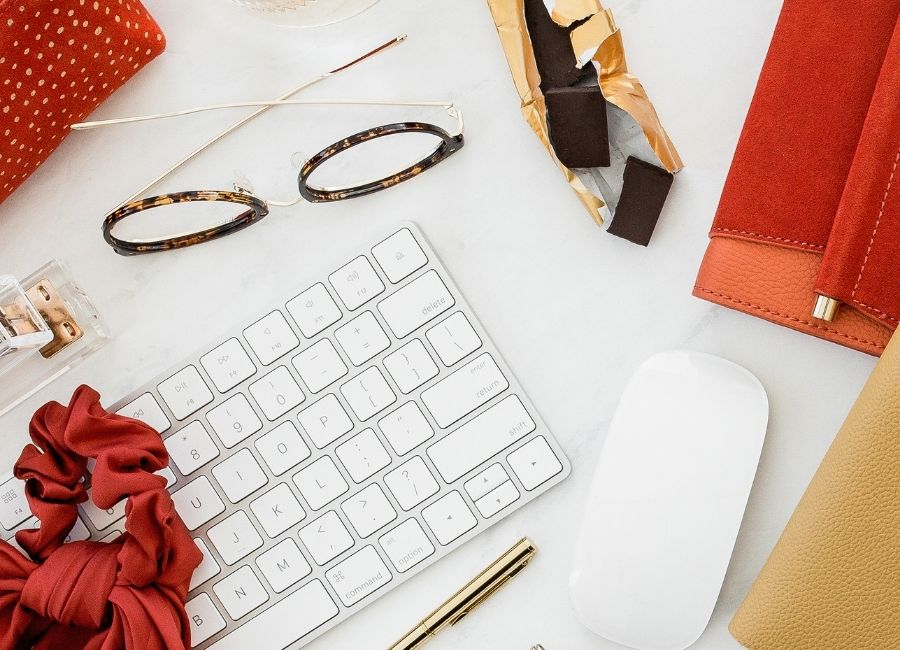Personal finance management is one of the most important skills a person can have, but often never learned or properly utilized. It’s not easy to implement frugal habits and live a life of frugality – to assess needs versus wants and avoid spending money on things that you don’t need. However, it’s mandatory if you want to live a life of financial security and freedom.
If you aren’t a frugal person by nature, don’t worry! I’m sharing 9 frugal habits that anyone can start implementing now to work towards proper money management.
#1 Stop Using Credit
Unless you are paying your credit card bills in full every month, avoid using credit at all costs. If you have a mortgage, auto loan or student loans, do your best to pay them off as quickly as possible.
Thanks to interest, using credit for purchases often results in you paying much more than the original sale price. To take control of your money, stop using credit. No one wants to pay interest, so don’t put yourself in a position to do so. Find alternatives to using credit wherever you can!
#2 Pay Yourself First
Once pay day comes around, a deposit into your savings should be right behind it. Have a portion of your paycheck direct deposited into your savings, or set up automatic transfers into your savings right when you get paid.
Not only does this help you get into the habit of saving, it helps ensure you don’t spend all of your money before you get the chance to save. Utilize a high-yield savings account for your savings to get the most bang for your buck.
#3 Go for Quality over Quantity
While frugal people don’t spend money unnecessarily, they will spend a little more for a quality piece. You get what you pay for, so buying a cheap bag because of the low price will result in it falling apart a lot quicker than a quality piece.
Be willing to shell out more money for quality to ensure it lasts. Buying a cheap product over and over again adds up. There are certain items that can (and should) be purchased for cheap. Check out Dollar Store Buys You Can Get Away With for our list.
#4 Track Your Spending
The great thing about keeping tabs on your spending is that you can control where it goes next. If you see that you are spending way too much money on food, you can cook for a few weeks to recoup your losses. If you have been shopping more than usual, you can avoid department stores.
The thing is, you won’t know where you are overspending unless you are tracking your spending. Get in the habit of keeping tabs on your money, so you can be knowledgeable of where it’s actually going. When you know better, you can do better! One of the most important aspects of my 1-on-1 financial coaching program is helping clients stick to an expense-tracking system for the long haul!
#5 Stop Wasting Money
Check out 7 Ways You are Wasting Money for 7 areas most people are overspending and not getting proper use of their purchases. If you have any service, subscription, fee or expense that is taking money out of your account every month without you using it, get rid of it! Frugal people never let money go down the drain. That wasted money could be used to fund savings, make more money, or cover other expenses.
#6 Do Things that Don’t Cost Money
Having fun doesn’t always have to mean spending money. There are plenty of activities, events, and things you can do solo or with your friends that don’t require any cash. To start living frugally, think outside of the box for things you can do. Get resourceful with ideas for activities and break out of the norm.
Instead of going out to eat, host a potluck. Instead of going to the movies, see a play at your local community theater. The more mindful you become about where your money goes, the better you can be at making the most of your spending.
#7 Lead a Healthy Lifestyle
Going to the gym, avoiding processed foods, and keeping your mind and body active has major benefits, including financial ones! Easier said than done, I know, but leading a healthy lifestyle can save you a lot of money.
Doctor’s visits, hospital bills, and medicine over the long run can add up quickly. Eat clean, and exercise. Simple and effective. Plus, who doesn’t want to look and feel their very best?
#8 Plan Ahead
Whether it’s your next meal, your next vacation, or your next big purchase, start planning for it. The earlier you plan out the things you need, the sooner you can start saving for them. Since you shouldn’t be using credit for anything, saving and accumulating funds for your purchases is a necessity.
This may be a tough task in the beginning, but if you make it a habit to plan ahead for things that are coming up in your life, you can save a lot of money.
#9 Learn to Curb Impulse Buys
Do you purchase a tub of ice-cream after a break up? Can you be found at the mall when you get a raise? Find out what your spending triggers are and learn to control them. Being self-aware and understanding what causes you to spend money when you shouldn’t can save you a lot of stress and money in the long run. Learn to curb those impulse buys so you can truly enjoy life as a frugal as possible.
Related: The Rules of Frugal Living.
Living frugally is not something that comes natural to most people, and that’s perfectly fine! Just because you weren’t born with the frugal gene doesn’t mean you can learn to become that way. Start small and work your way through the habits listed above. You will start to notice more money in your savings account, less unnecessary junk around your house, and a growing sense of security!
How do you lead a frugal lifestyle? Do you have any tips you can share about how to start living frugally? Post a comment below to share your tips, fears, and experiences with frugal living!





